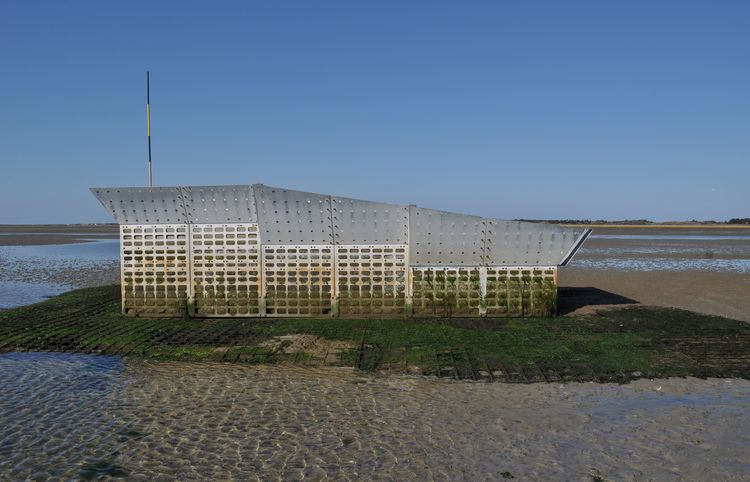Contact
Subproject 1
A trait-based approach to plant metacommunities
Our main goal in SP1 is to mechanistically understand long-term plant metacommunity processes in changing environments. We focus on integrative data analysis and model application using a tightly coupled modelling and empirical approach.
During the first phase, we focused mostly on dispersal and competition processes in spatially interacting plant populations. In particular, we looked into the combined effects of plant dispersal and resource competition on the spatial structure and biodiversity patterns of plant metacommunities. As a continuation, we will now focus on determining competition mechanisms along the environmental gradient. More precisely, we will look at the coexistence of multiple species at the center of the gradient to see if stabilizing processes are determining the competitive outcome. We assume that differential resource uptake from oxic and anoxic soil layers leads to niche separation, whereas above-ground competition is minimized because of strong similarity in plants sizes and biomass investments. We therefore predict strong divergence in below-ground traits opposed to convergence in above-ground traits.
Furthermore, we aim to study the effect of disturbances on metacommunity dynamics. We expect that depending on the frequency of pulse disturbances, the degree of dispersal limitation and stabilizing and equalizing competition processes, the metacommunity will experience transient dynamics for long time and not assemble according to the realized niches under equilibrium conditions. We also extend our analysis to niche construction by sedimentation where dynamic feedback influences plant fitness and shapes spatial and community patterns along the gradient. The German Wadden Sea remains the core field site with the experimental islands built on the mudflats at the distance of approximately 400 m from the natural salt marsh.

In collaboration with SP 2 and SP 3 we will look into trophic interactions among plants and insects. These interactions between dominant plants and herbivores can lead to divergence in the competition traits of the plant communities. Seed predation, for example, could explain the low colonization performance on the experimental islands. Therefore, depending on whether the vegetative or generative phase of plants is affected by herbivores, the metacommunity may either change in local functional diversities or in spatial synchronization via dispersal.

